Summaries of books about Philosophy:
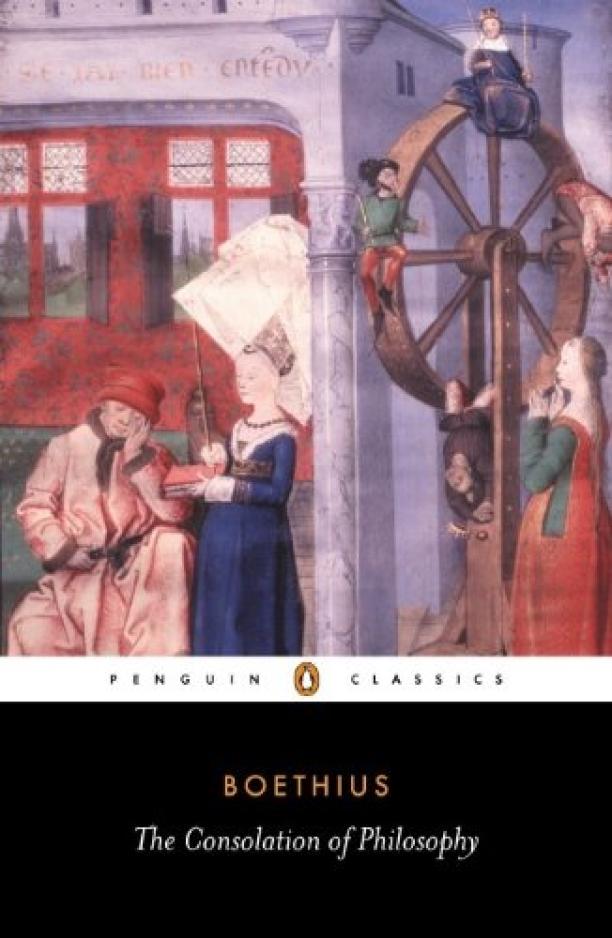
The Consolation of Philosophy
Ancius Boethius
Written while awaiting execution, the text is a dialogue between the author and Lady Philosophy, who offers him comfort and wisdom amidst his despair. It explores themes such as the nature of happiness, the problem of evil, and the fickleness of fortune, ultimately arguing for the supremacy of reason and the providential order of the world.
See full summary

Madness and Civilization
A History of Insanity in the Age of Reason
Michel Foucault
The book traces the cultural evolution of the perception and treatment of mental illness in Europe from the Middle Ages to the modern era, arguing that the concept of madness has been shaped by social and political forces, leading to the marginalization and institutionalization of the mentally ill. It examines the shift from a world where the mad were integrated into society to one where they were isolated and subjected to medicalization and moral judgment.
See full summary
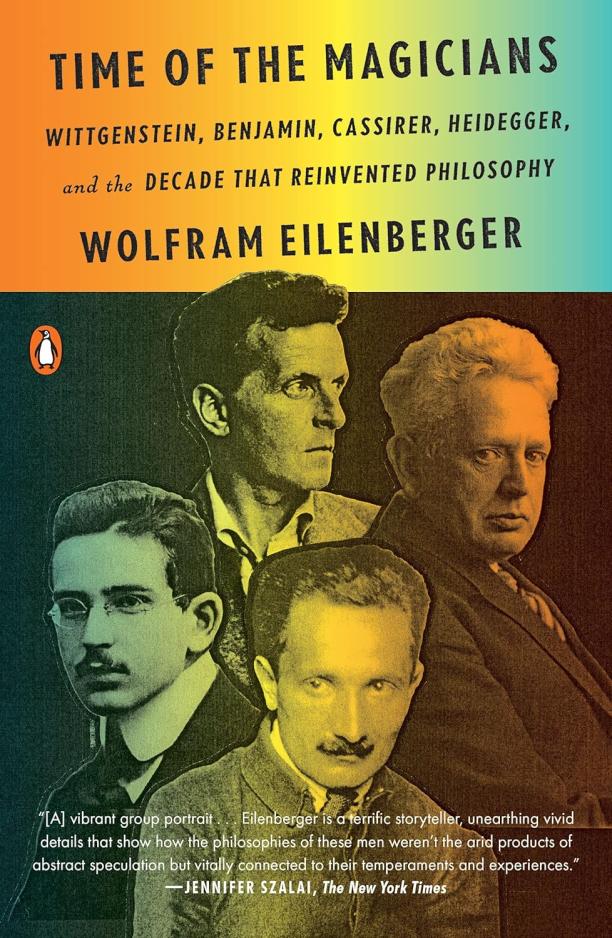
Time of the Magicians
Wittgenstein, Benjamin, Cassirer, Heidegger, and the Decade That Reinvented Philosophy
Wolfram Eilenberger
The book delves into the intellectual lives and philosophical developments of four influential 20th-century thinkers during the 1920s, a transformative period for modern philosophy. It explores how Ludwig Wittgenstein, Walter Benjamin, Ernst Cassirer, and Martin Heidegger each challenged existing paradigms, laying the groundwork for contemporary philosophical thought.
See full summary
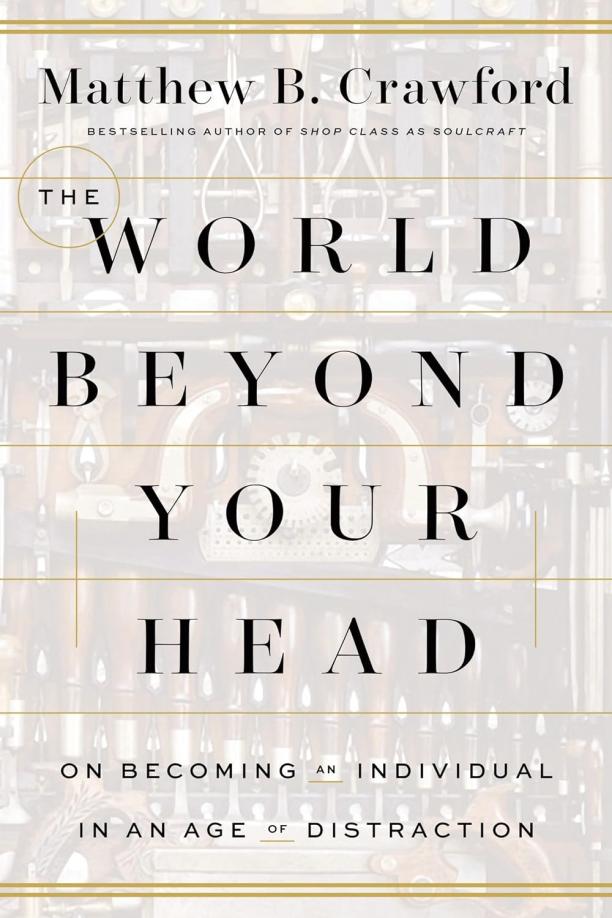
The World Beyond Your Head
On Becoming an Individual in an Age of Distraction
Matthew B. Crawford
The book examines the challenges of maintaining individuality and focus in a world saturated with digital distractions and consumerism. It explores how engagement with the physical world and skilled practices can help us reclaim our attention and develop a sense of agency and mastery over our lives.
See full summary

Leviathan
Thomas Hobbes
The book presents a foundational treatise on political philosophy, arguing for the necessity of a strong central authority to avoid the chaos and violence of a state of nature. It outlines the concept of the social contract, where individuals consent to surrender some of their freedoms to a sovereign in exchange for security and order.
See full summary
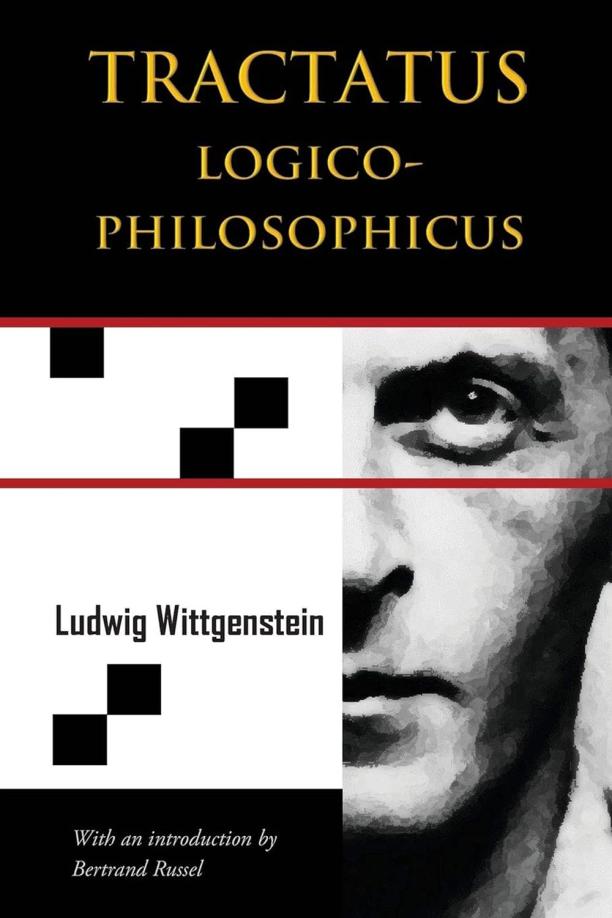
Tractatus Logico-Philosophicus
the original authoritative edition
Ludwig Wittgenstein
The book presents Wittgenstein's early philosophical work, which explores the relationship between language and reality, proposing that the structure of language reflects the structure of reality. It consists of a series of declarative statements, numbered and organized in a systematic outline, where Wittgenstein develops his picture theory of language, the idea of logical atomism, and concludes with the famous proposition "Whereof one cannot speak, thereof one must be silent."
See full summary
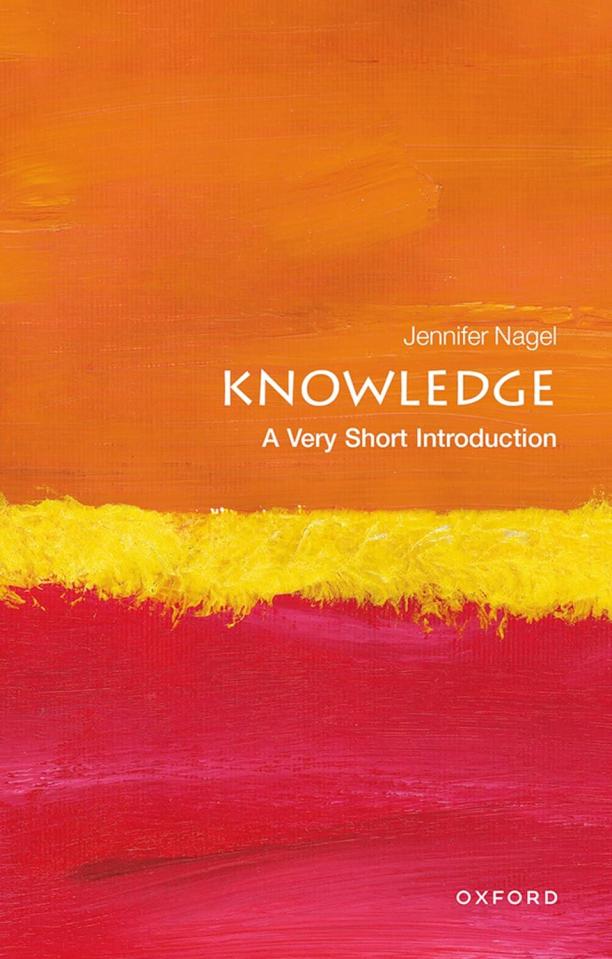
Knowledge
A Very Short Introduction
Jennifer Nagel
The book explores the concept of knowledge, examining historical theories and contemporary issues in epistemology, including skepticism, the nature of perception, and the distinction between knowing how and knowing that. It delves into the debate over the limits of what we can know and the role of experience and evidence in shaping our understanding of the world.
See full summary
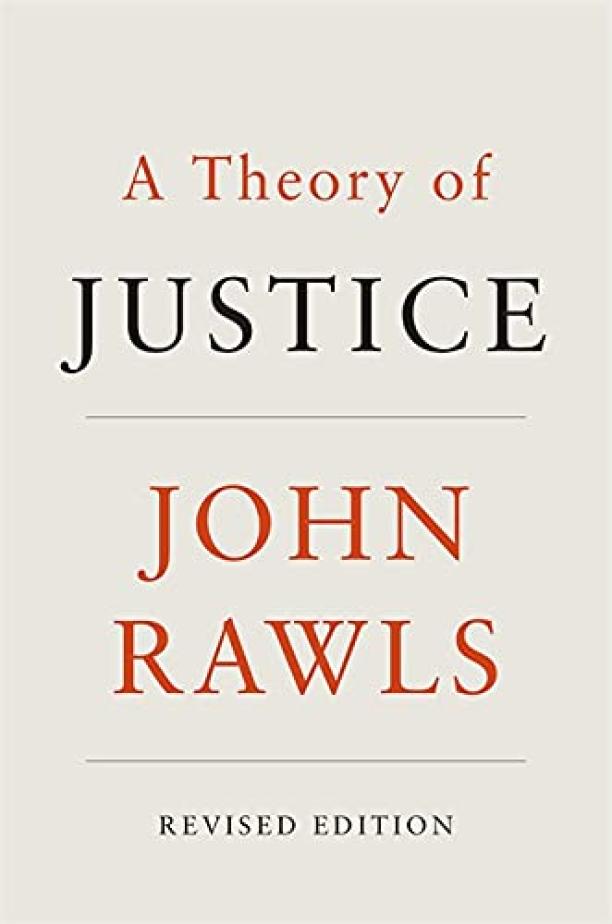
A Theory of Justice
Revised Edition (Belknap)
John Rawls
The book presents a philosophical framework for understanding justice as fairness, proposing principles of justice to structure society's basic institutions. It argues for a social contract approach where inequalities are permissible only if they benefit the least advantaged members of society.
See full summary

Midlife
A Philosophical Guide
Kieran Setiya
The book explores the philosophical dimensions of midlife, addressing the existential questions and crises that often arise during this period. It offers insights and practical advice on how to find fulfillment and navigate the challenges of middle age through the lens of philosophical thought and theories.
See full summary
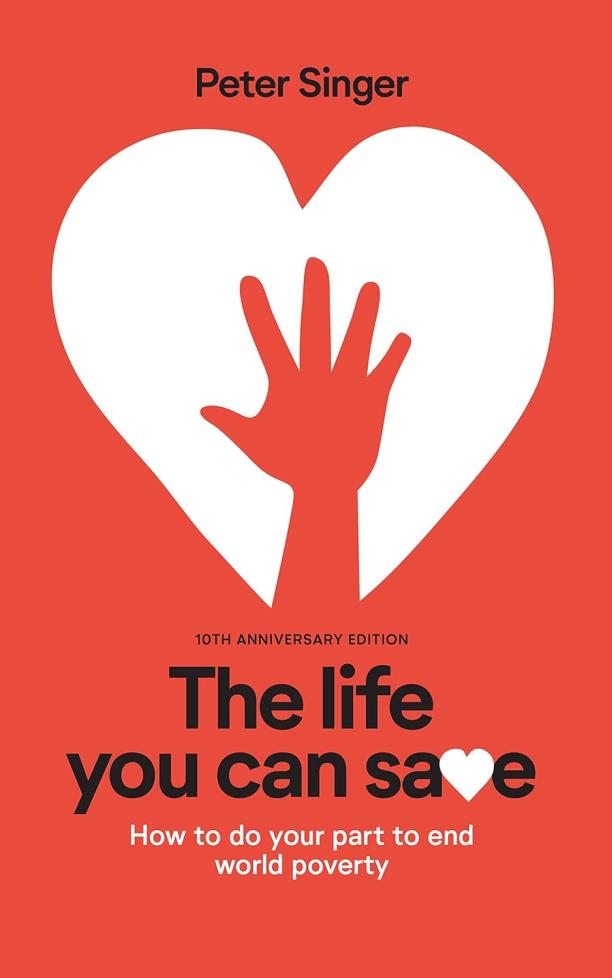
The Life You Can Save
How to Do Your Part to End World Poverty: 10th Anniversary ed. Edition
Peter Singer
The book argues for the moral imperative of affluent individuals to donate a portion of their income to alleviate global poverty, presenting evidence and ethical reasoning to support this claim. It also provides practical guidance on how to effectively contribute to this cause, including recommendations for the most efficient charities and organizations to support.
See full summary